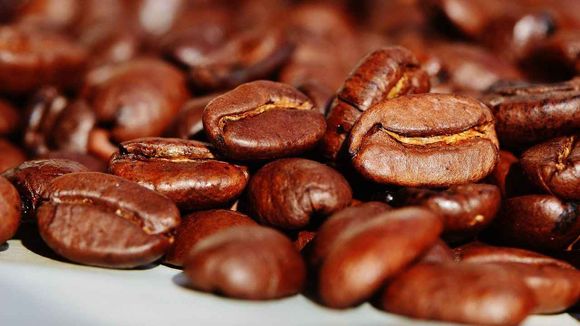Health benefits of coffee consumption
Coffee is one of the most widely consumed drinks in the world. According to Statista, around 166.63 million packs of coffee of 60 kilograms were consumed worldwide in 2020/2021, a slight increase from 164 million packages the previous year. ( [ref. 1] )
Coffee contains some nutrients, as well as caffeine. Because coffee is such a popular drink, both consumers and researchers have a great interest in understanding its impact on health and well-being.
A recent review of the scientific literature found that it is safe for most people to consume between one and four cups of coffee daily, which amounts to a maximum of 400 g of caffeine daily. [ [ref. 2] ]
Coffee drinkers may have a lower risk of specific health problems, such as type 2 diabetes and obesity. Coffee consumption is also associated with a reduced risk of certain cancers and a reduced risk of death. But what difference does it make whether we drink clean or sweetened coffee for its benefits? This is what a team of researchers are trying to uncover in this study.
Coffee and the risk of mortality
In a recent study "The Potential Health Benefit of Coffee: Does a Spoonful of Sugar Make It All Go Away?", published in Annals of Internal Medicine, the researchers tried to determine whether the lower risk of death associated with coffee use was also present in the case of the addition of artificial sweeteners or sugar to coffee. [ [ref. 3] ]
The research team noted that earlier studies had found a reduced risk of death associated with drinking coffee. However, "these studies do not distinguish between coffee consumed with sugar or artificial sweeteners and coffee consumed without them."
The new study involved more than 170,000 participants, and the researchers tracked participants for an average of seven years. Participants were eligible for the study and should not have had cardiovascular disease (GS) or cancer at its initiation.
The researchers obtained a baseline estimate of participants' coffee consumption, noting whether they drank sugar-sweetened with artificial sweeteners or unsweetened coffee. They investigated the relationship of coffee consumption with all-cause mortality and mortality from cancer and cardiovascular disease.
The authors take into account lifestyle, clinical and socio-demographic factors in the analysis. They found that more than half of coffee drinkers in the study drank unsweetened coffee. Typically, those who add sugar add less than 1.5 teaspoons of sugar.

Another conclusion is that moderate coffee consumption, with or without sugar, is associated with a reduced risk of mortality. However, the results in terms of mortality risk and artificial sweeteners are inconsistent and no general conclusion can be drawn for them.
'The observational study, while not conclusive enough, found that moderate coffee consumption - about 1.5 to 3.5 cups a day - even with added sugar is probably not harmful to most people and appears to be associated with a 30% reduction in mortality risk. These findings suggest that people who drink coffee can continue to do so without cause for concern, which is good news for the vast majority of those who consume this drink."
These are some highlights pointed out by Christina Wee, deputy editor of Annals of Internal Medicine and associate professor of medicine at Harvard Medical School.









